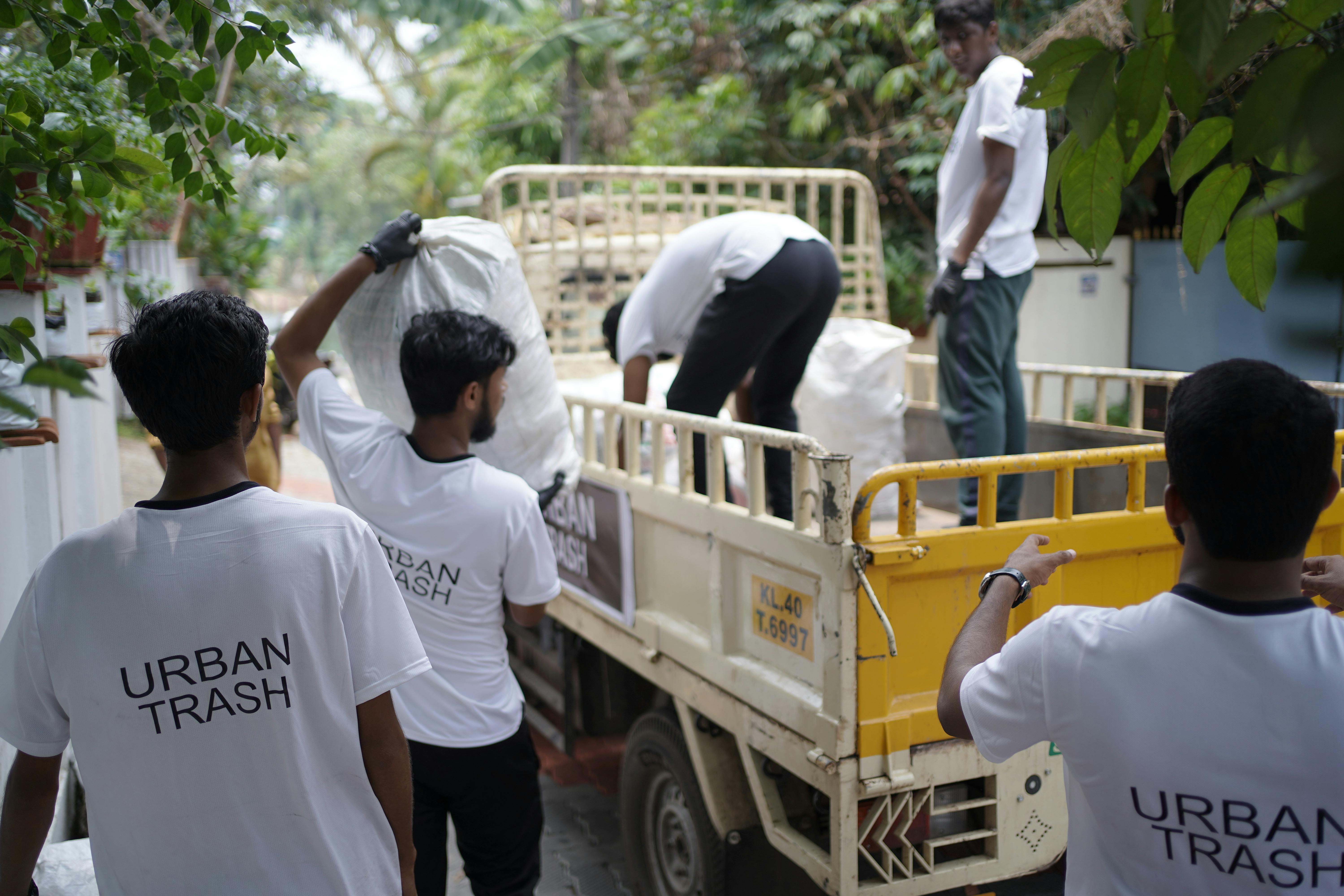 Introducing The Best Waste Management Standard
Introducing The Best Waste Management Standard
Managing waste responsibly is essential to creating a sustainable environment. However, with so many different waste management standards available, it can be difficult to know which one is best for your business or organization. In this blog post, we’ll explore what a waste management standard is, why it’s important, and how to choose the best one for your business.
What is a Waste Management Standard?
A waste management standard is a set of guidelines designed to help organizations manage their waste responsibly and reduce their environmental impact. These standards help businesses identify their waste streams, create processes to reduce waste and recycling, and ensure they are compliant with applicable laws and regulations.
Why is a Waste Management Standard Important?
Having a waste management standard in place is essential for any business or organization that wants to reduce its environmental impact. It helps to ensure businesses are in compliance with applicable laws and regulations, and it keeps them accountable for managing their waste responsibly. Additionally, having a waste management standard in place can help businesses save money by reducing waste and recycling.
How to Choose the Best Waste Management Standard
When it comes to choosing the best waste management standard, there are several factors to consider. Here are a few key elements to keep in mind when selecting the best waste management standard for your business.
1.Identify Your Waste Streams
The first step in choosing the best waste management standard is to identify your waste streams. Determine what types of materials your business produces and what types of waste you need to manage. This will help you determine which waste management standard is best suited for your needs.
2.Understand Local and National Laws
In addition to identifying your waste streams, it’s important to familiarize yourself with applicable local and national laws and regulations. This will help you ensure your waste management plan is compliant with all relevant laws, as well as help you determine which waste management standard is best for your business.
3.Evaluate Your Options
Once you’ve identified your waste streams and familiarized yourself with applicable laws and regulations, you can begin evaluating your options. Research different waste management standards and determine which one best fits the needs of your business.
4.Develop a Plan
Once you’ve chosen the best waste management standard for your business, it’s time to develop a plan. Outline how you will manage your waste streams, set goals and objectives, and develop a timeline for implementation.
5.Review and Update
Finally, it’s important to review and update your waste management plan regularly. As your business evolves and as laws and regulations change, you may need to adjust your plan to ensure you’re in compliance and that your waste management practices are as efficient and effective as possible.
Conclusion
Choosing the best waste management standard for your business is an important step in reducing your environmental impact and ensuring you’re compliant with applicable laws and regulations. By identifying your waste streams, familiarizing yourself with local and national laws, and evaluating your options, you can select the best waste management standard for your business. Once you’ve chosen a standard, develop a plan, review and update it regularly, and you’ll be on your way to managing your waste sensibly and responsibly.
At Midlands Toilet Hire we understand the importance of a good waste management standard. We provide a range of services, from the hire of portable toilets and welfare units to waste management and septic tank emptying, to ensure your business is compliant with local laws and regulations. Get in touch today to find out more.
